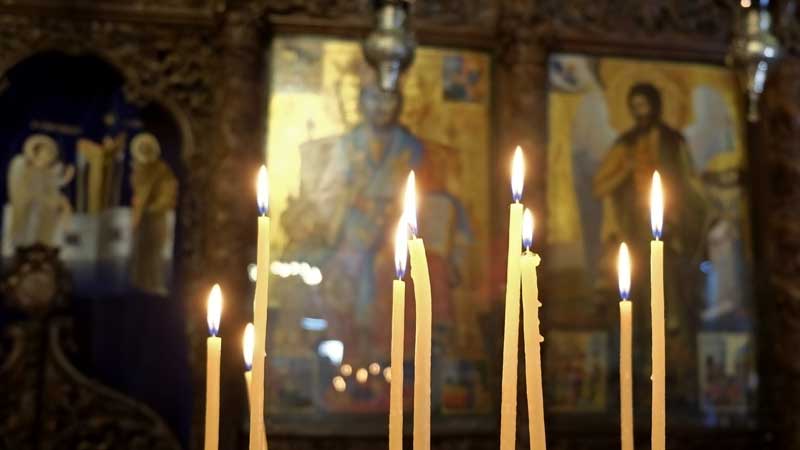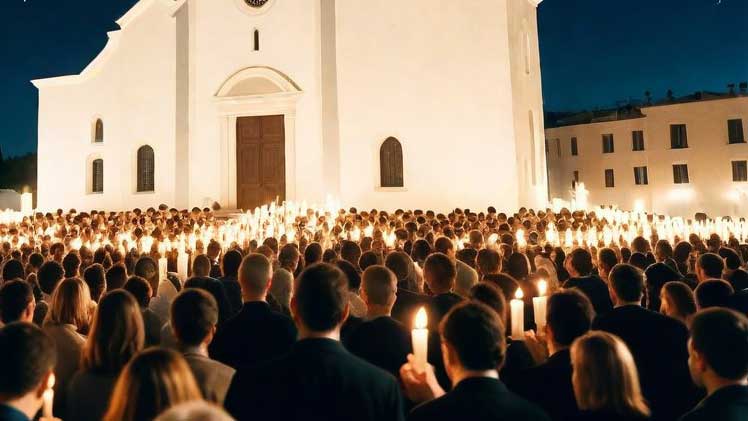The Greek Easter Traditions
Greek Easter, known as "Pascha," is one of the most important religious holidays in Greece, celebrated with great enthusiasm and deep-rooted traditions.
With its blend of religious rituals, cultural customs, and festive gatherings, Greek Easter offers a unique and memorable experience for both locals and visitors alike.
Holy Week Observances

The week leading up to Easter Sunday, known as Holy Week or "Megali Evdomada," is marked by various religious observances and customs. From Palm Sunday to Holy Saturday, churches across Greece hold special services and processions commemorating the events of Christ's Passion and Resurrection.
Epitaphios Processions

One of the most solemn and poignant traditions of Greek Easter is the Epitaphios procession held on Good Friday evening. An elaborately decorated bier, representing the tomb of Christ, is carried through the streets of towns and villages, accompanied by candlelit processions, hymns, and prayers.
Midnight Resurrection Service

Easter Saturday culminates in the Resurrection service, known as the "Anastasi." Just before midnight, churches are filled with worshippers holding unlit candles. As the clock strikes midnight, the priest announces, "Christos Anesti" (Christ is Risen), and the congregation responds with "Alithos Anesti" (Truly He is Risen). The church bells ring, fireworks light up the sky, and the faithful exchange the Easter greeting of "Christos Anesti" throughout the night.
Easter Sunday Feast

Following the Resurrection service, families gather for the traditional Easter feast. The centerpiece of the meal is "Magiritsa," a soup made from lamb offal, lettuce, and herbs, symbolizing the end of Lent. Roast lamb, red-dyed eggs, "Tsoureki" (Easter bread), and a variety of traditional dishes grace the festive table as loved ones come together to celebrate the joyous occasion.
Red Egg Tradition

A beloved Easter custom in Greece is the cracking of red-dyed eggs, symbolizing the blood of Christ and the renewal of life. Family and friends engage in friendly egg-cracking contests, with the last uncracked egg believed to bring good luck for the year ahead.
Traditional Dances and Celebrations

Greek Easter is also a time for music, dance, and merriment. In many villages and towns, traditional folk dances, such as the "Syrtos" and "Kalamatianos," are performed, accompanied by live music and singing. Street festivals, feasts, and outdoor celebrations further enliven the festive atmosphere, drawing locals and visitors alike to join in the revelry.
___
Greek Easter is a vibrant and deeply spiritual celebration that unites communities and generations in joyous observance of faith and tradition. From solemn religious rituals to lively cultural festivities, the richness of Greek Easter traditions reflects the enduring spirit of the Greek people and their enduring faith.



























































































































































































































































































































